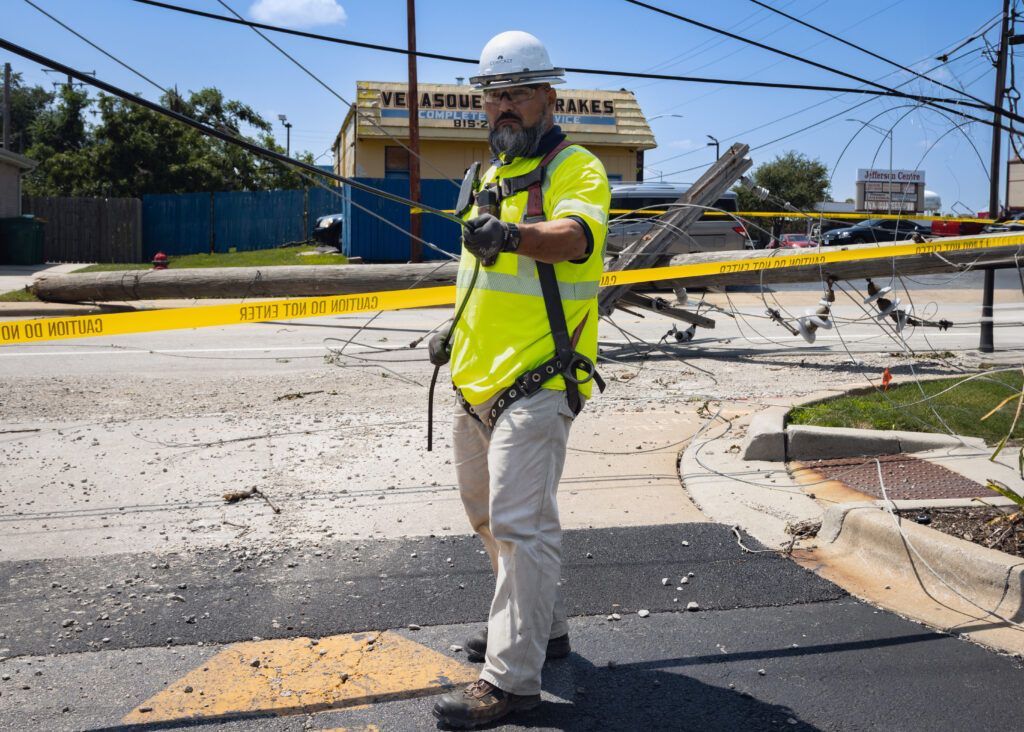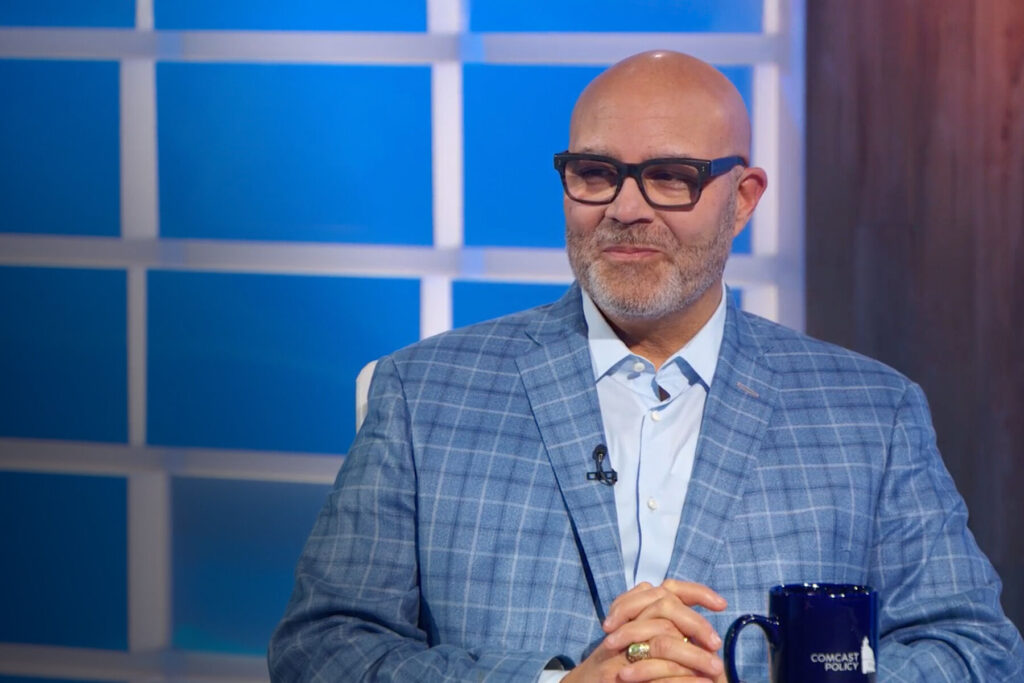Imagine it’s 1950s Jim Crow America. A Black man and Black woman are traveling together in search of his missing father, while simultaneously battling white racists, and big, monstrous creatures that look like they came straight out of a sci-fi film. Today’s rap and hip-hop music play in the background. Sounds … different, right? This is the story of HBO’s Lovecraft Country, a series which premieres this weekend and will roll the horror, sci-fi, and drama genres into one while exploring the racial injustices of the time period. There are many elements that go into making the show a unique work of art. But what makes the concept of this new series truly stand out are how the show’s creators and talent seek to immerse viewers into the systemic racism themes of the time while drawing parallels to the same issues that still play out in 2020.
Inspired by the novel of the same name by Matt Ruff, Lovecraft Country Showrunner and Executive Producer Misha Green said that when she was first approached to potentially adapt the book into a show, she saw it as an opportunity to reclaim the genre space for those who’ve typically been left out of it. During the virtual panel for the show at the Television Critics Association press tour last week, Green and the two leads of Lovecraft Country spoke about why a story like this is especially important to share on TV this year as the U.S. faces an ongoing reckoning over race.
“I think that the monsters [in the show] are a metaphor for the racism that’s kind of always been through America, and even globally. And I think that [horror] genre works best when it is the metaphor on top of the real-life emotions that you explore in real-life problems,” said Green.
Jurnee Smollett, who plays the female lead, commented that racism plays a bigger threat on the show for the characters than any of the monsters: “It [racism] affects your pursuit of happiness; your pursuit of joy; your pursuit of family trying to live in a neighborhood that is all white; the isolation; the loneliness; but, also, the trauma that you experience on so many levels in being Black and American; the displacement, you know, when you realize that America has not evolved a place for you. So the attacks come on every level from racists, right? With a monster, you just got to outrun it.”
Monsters aside, Jonathan Majors, whose character Atticus takes center stage in the series, agreed that the darkest scenes in the show all revolve around the injustices that the characters face because of their skin color, and which emphasizes the unfortunate reality that America still grapples with systemic racism to this day. “The things we reference, the things we experience in the story, are things that happen in day-to-day life. It’s in the DNA of the African-American experience,” said Majors.
Smollett also drew parallels between historical moments of racial injustice to the hate crimes of recent years. “You look at something that happens during this period like an Emmett Till, and you see a Trayvon Martin,” said Smollett. “And really the story is so ancestral. Our heroes [in the story] essentially are going on a quest to bring down white supremacy, and we are still on that quest today in 2020 as Black Americans; because racism is such a demonic spirit, it’s something that we are still fighting off.”
Green pointed out that the production of Lovecraft Country—which was also produced by Jordan Peele, J.J. Abrams, and Ben Stephenson—would not have been possible without the prior influences of films like Get Out, which she said features “Black people in dominant spaces,” and shows like Lost, which depicted an epic journey and helped to guide TV filmmaking towards a new era. Green also credited her prior experience as the co-creator of Underground, a TV period drama series, as one that helped her to produce an immersive show experience that tells the timeless story of racial injustice in America.
“It’s exciting to know that people will be engaging in the show during this time, especially on the platform that HBO has given it,” said Green in a Q&A. “And in many ways, Lovecraft is the continuation of the same themes and questions we explored in Underground: What are we willing to do for our freedom? And what does freedom actually mean? I’m honored that our show can be part of that very important conversation.”








